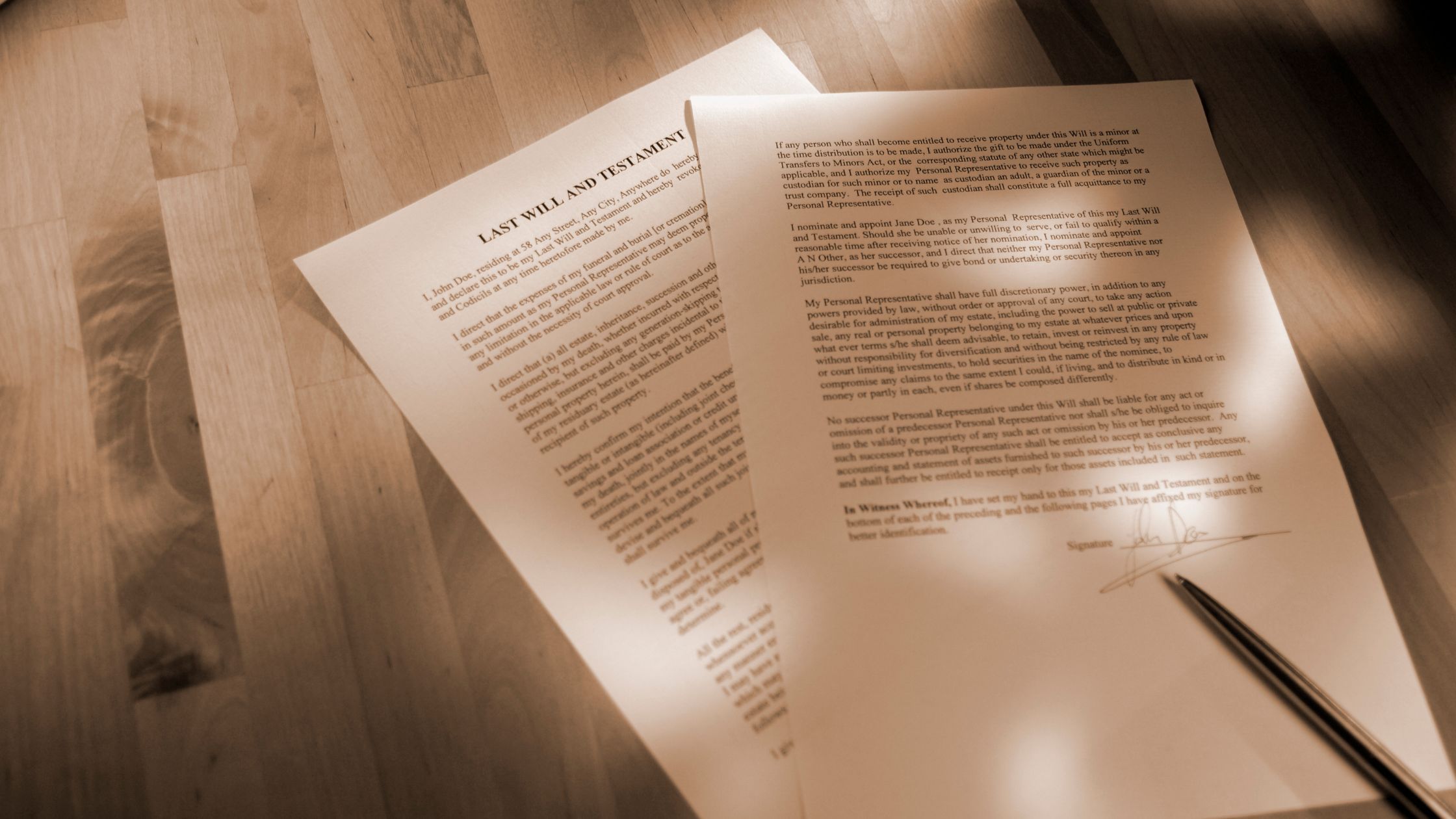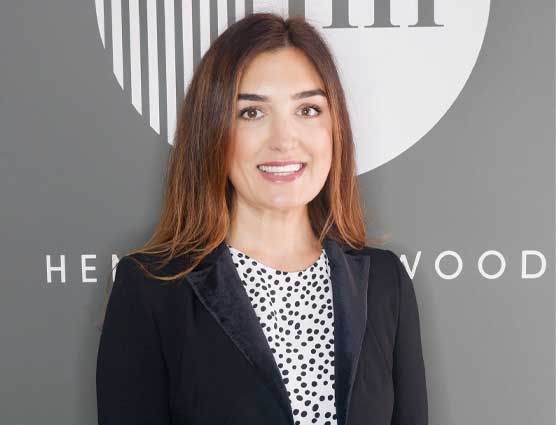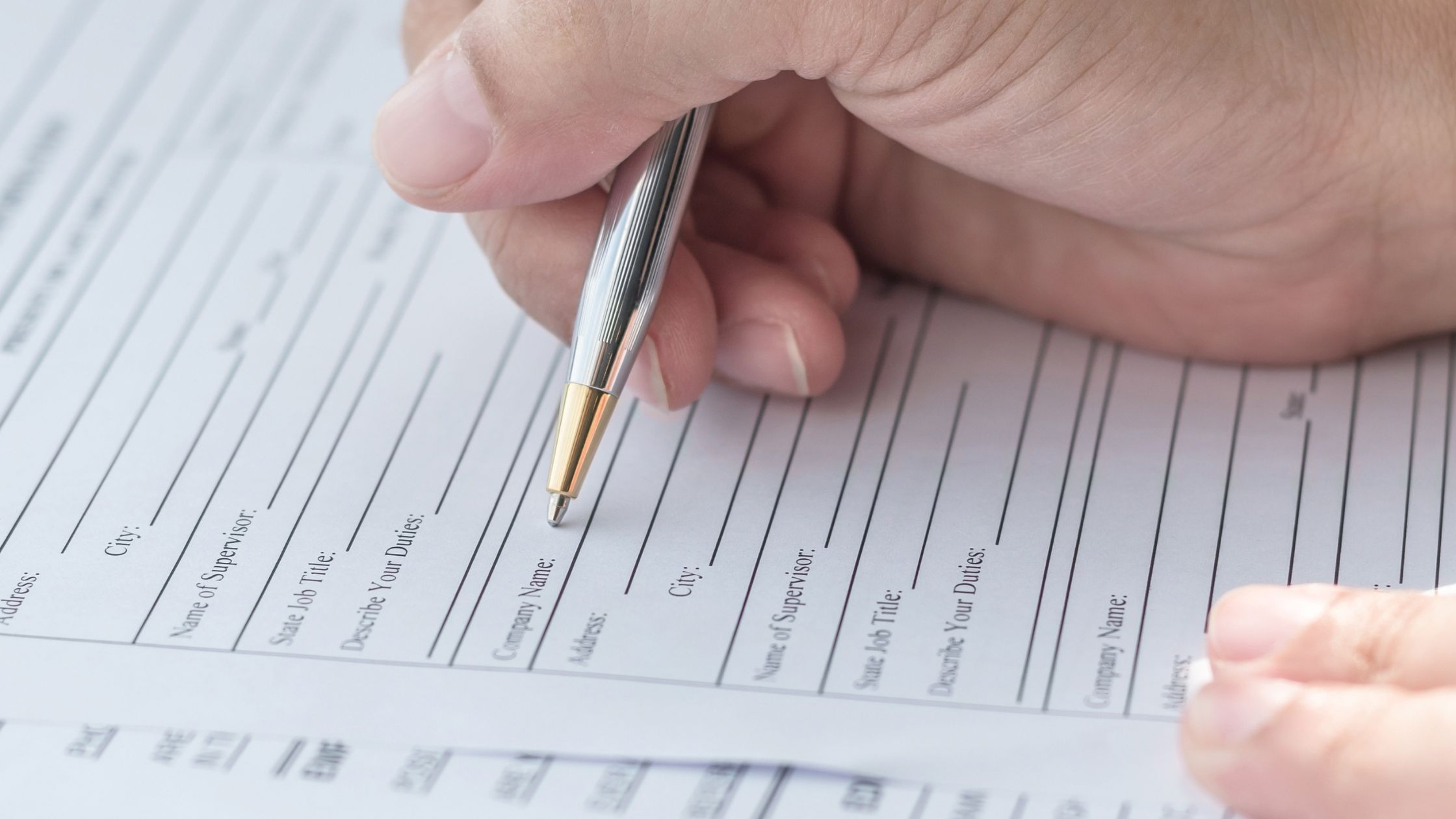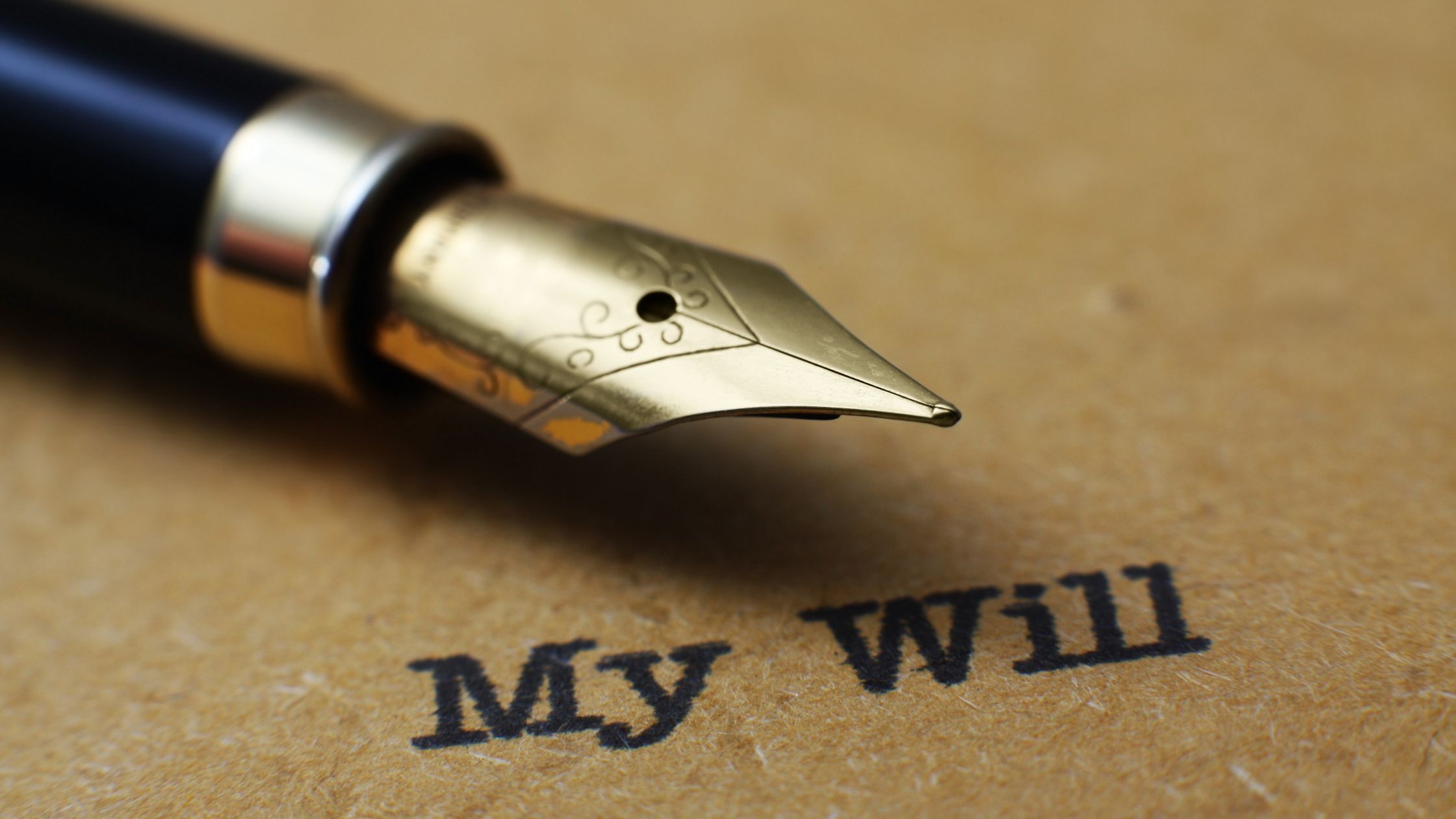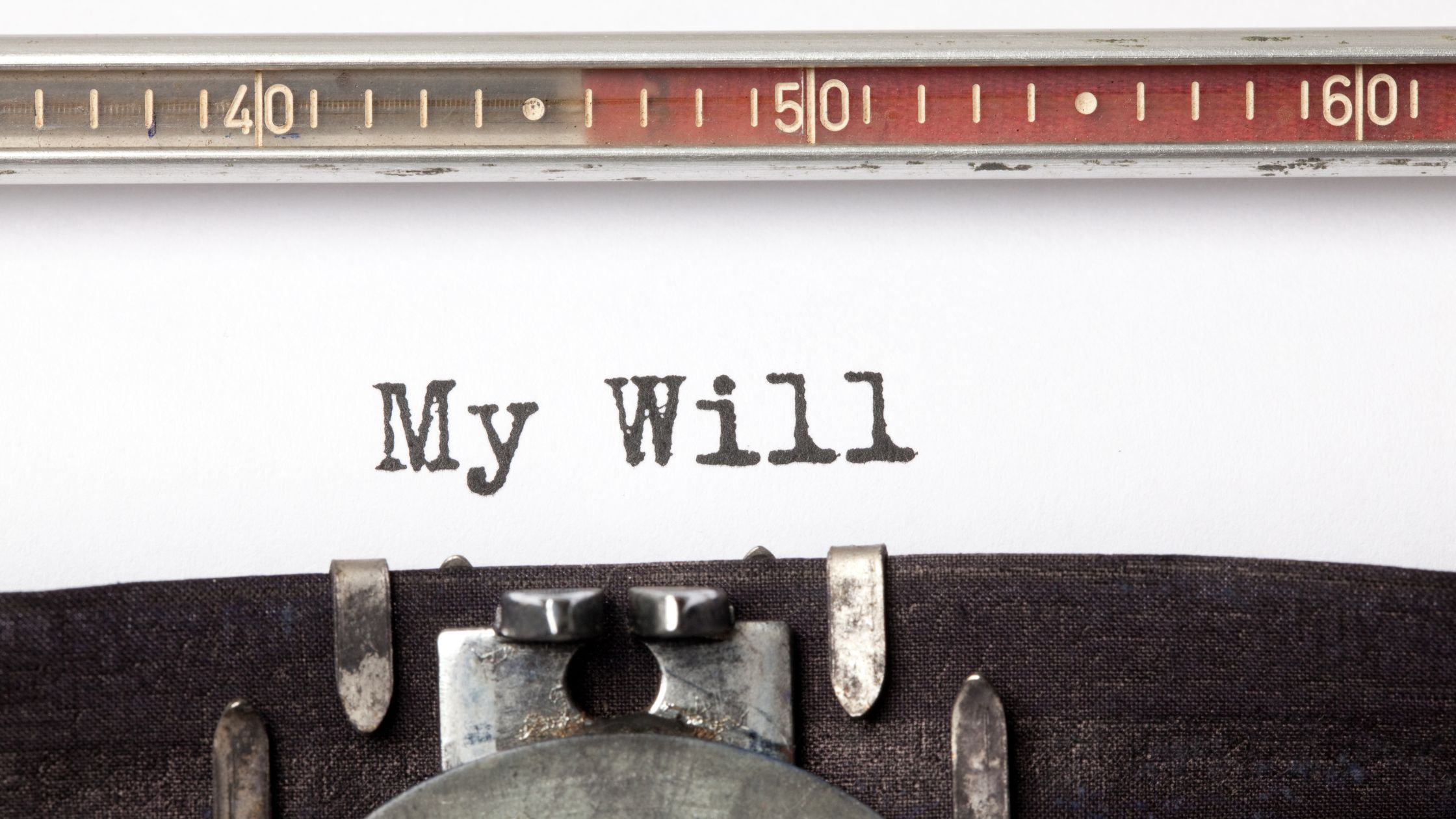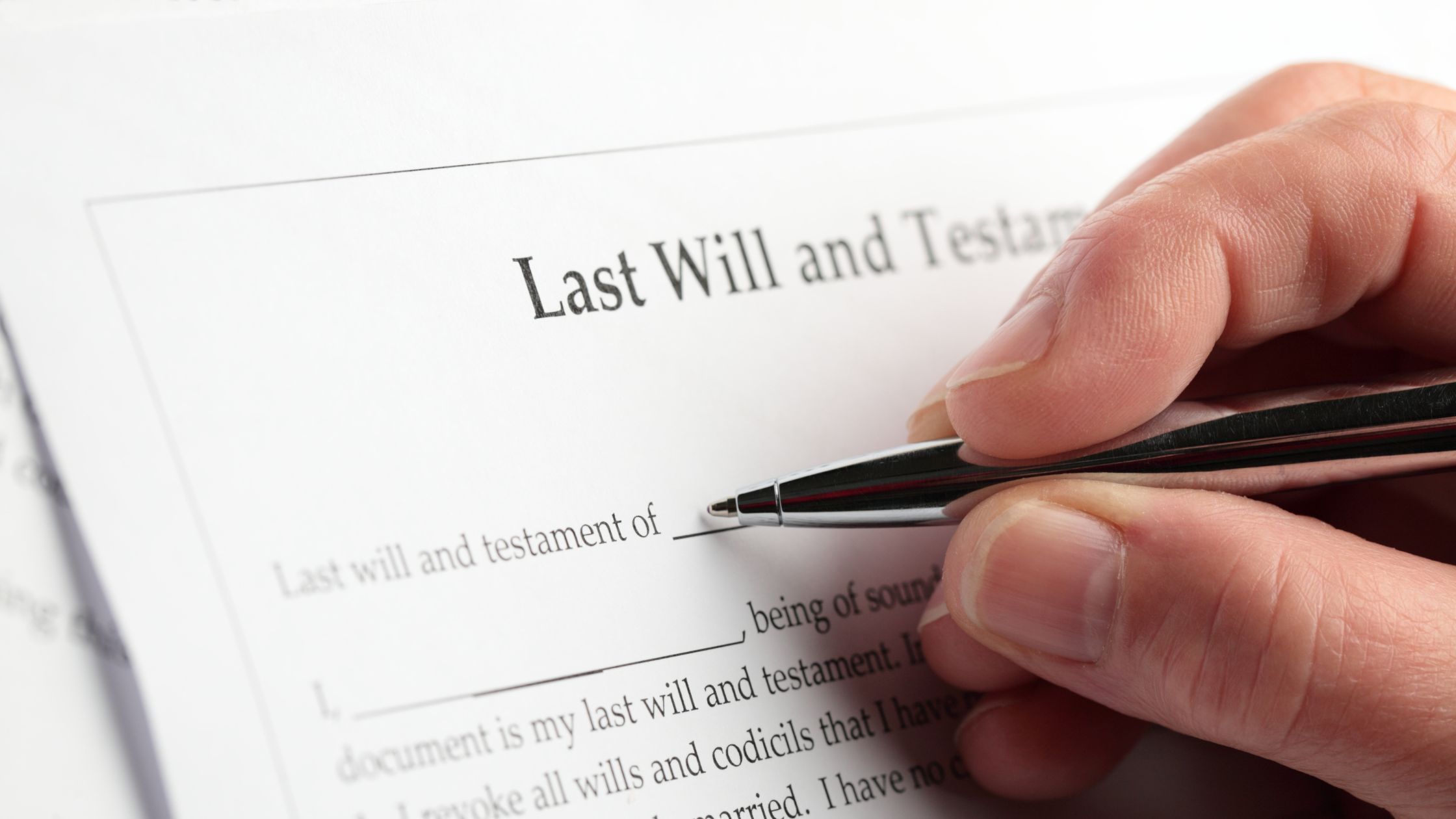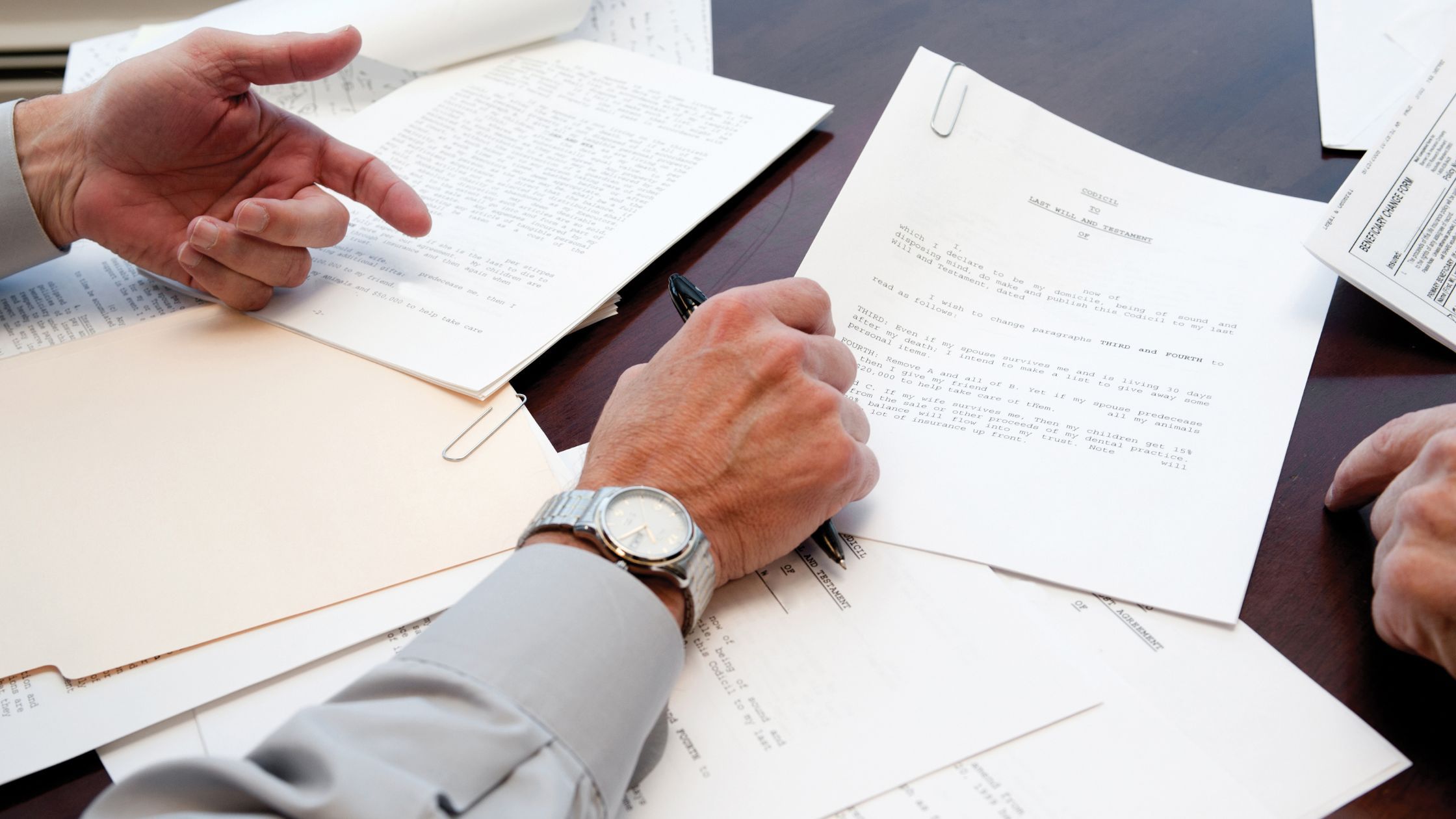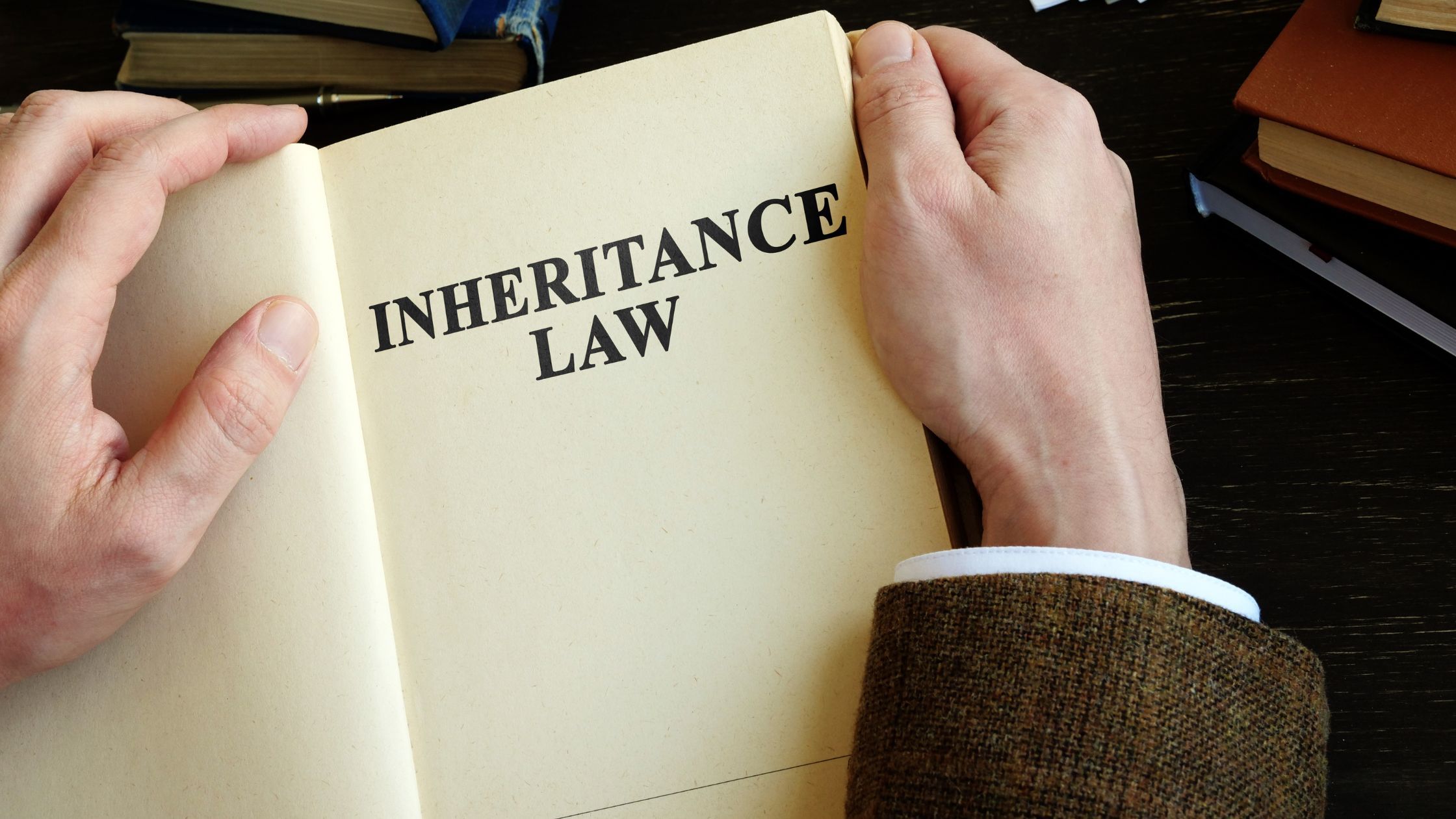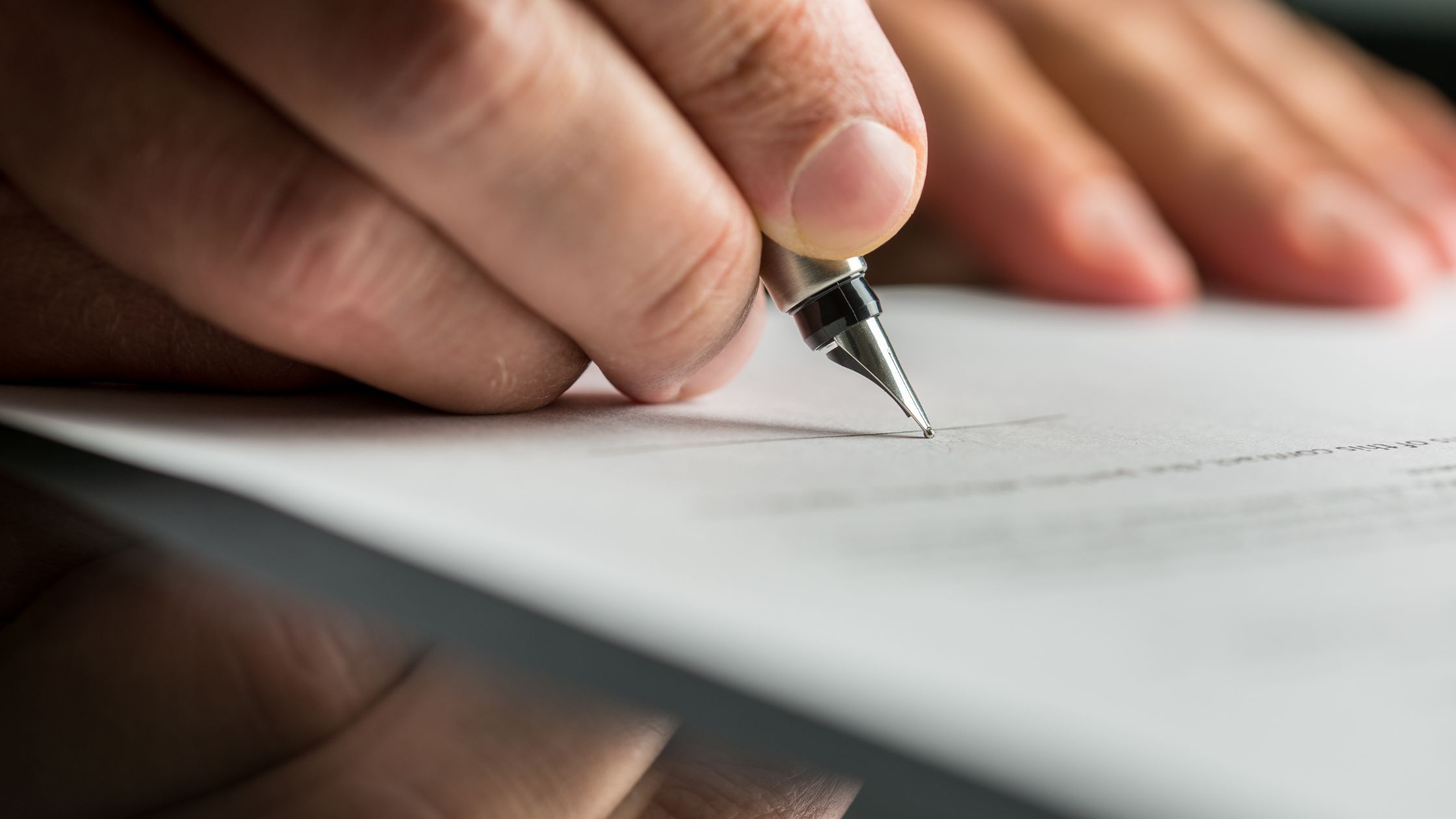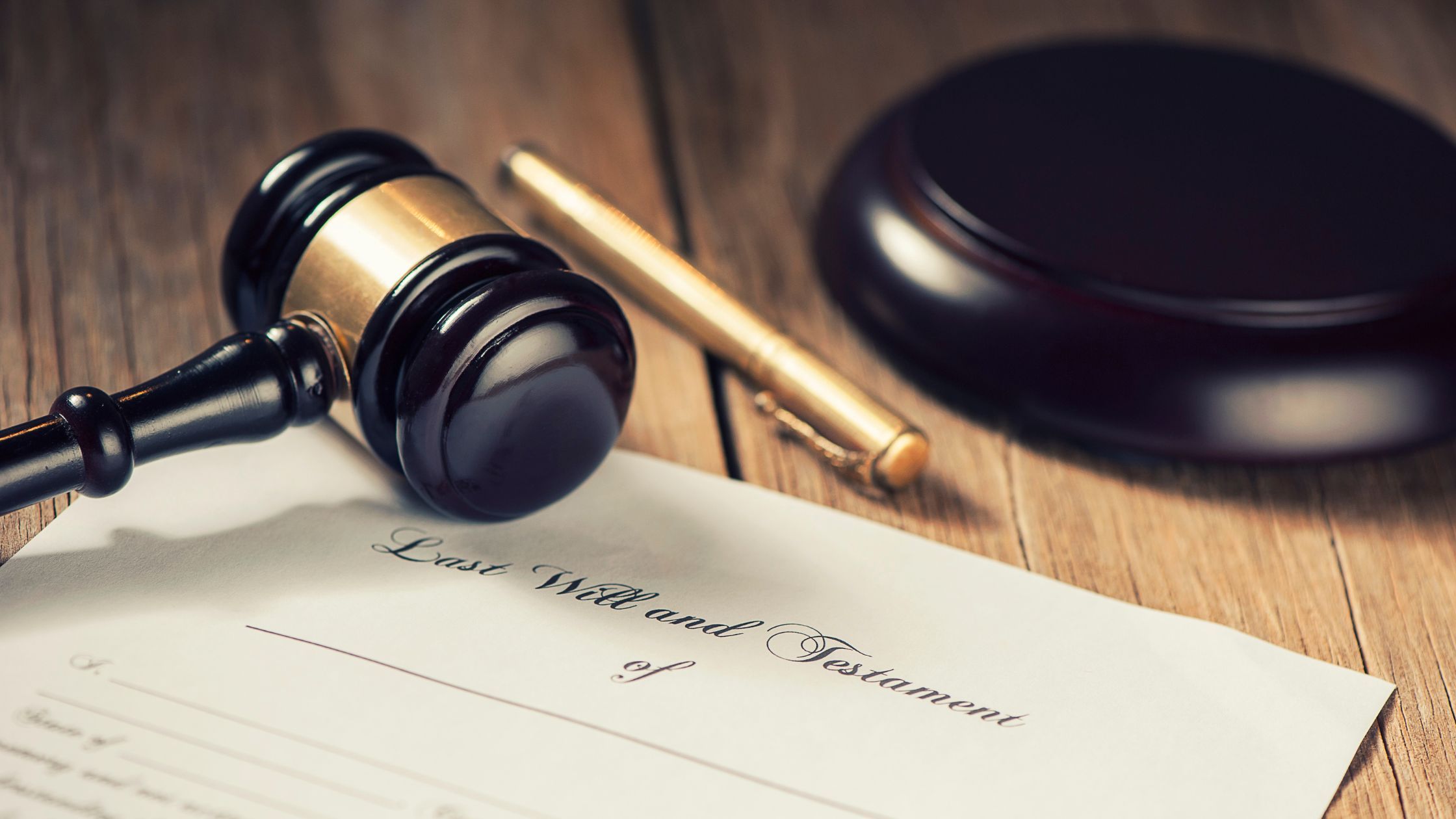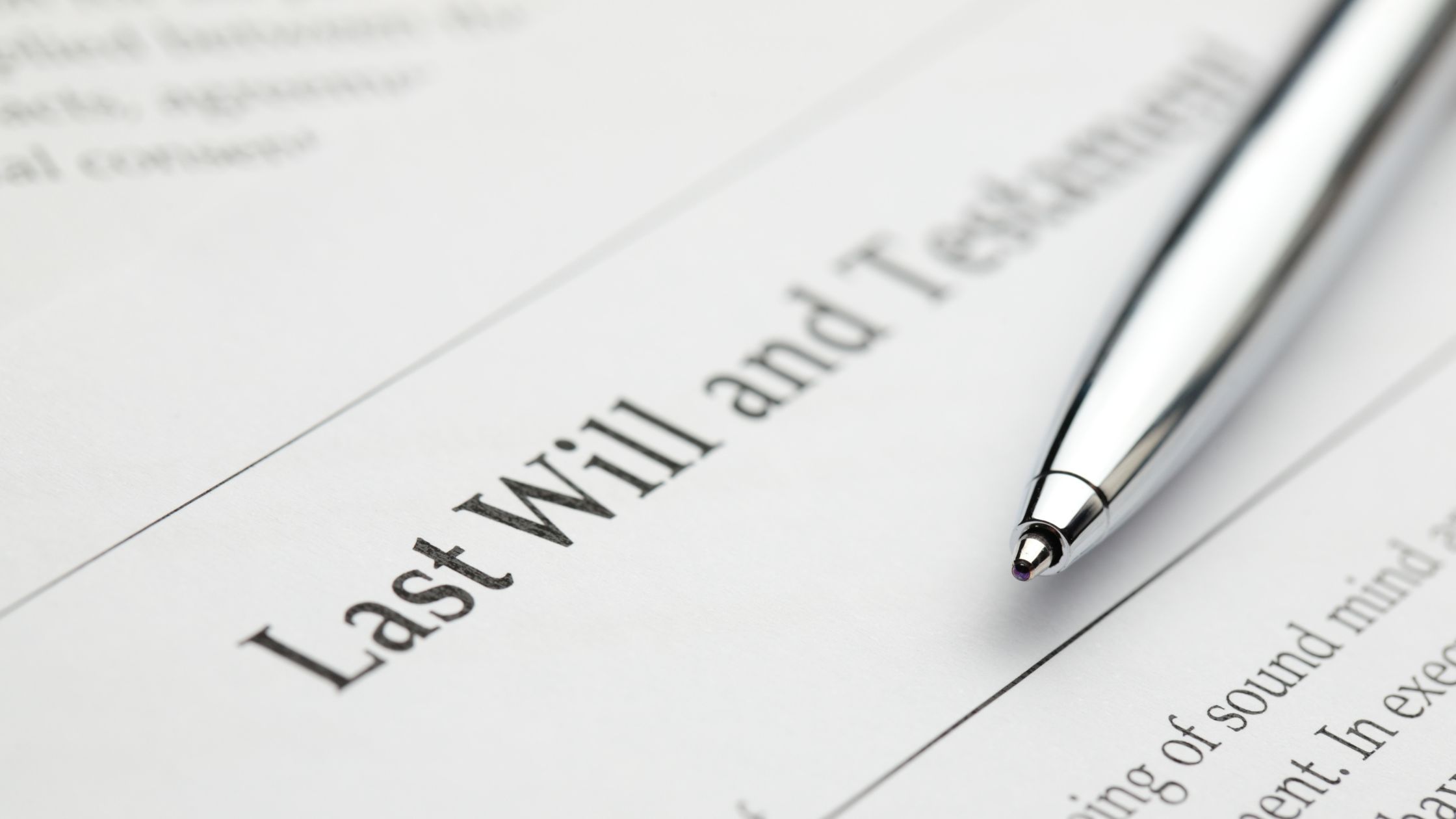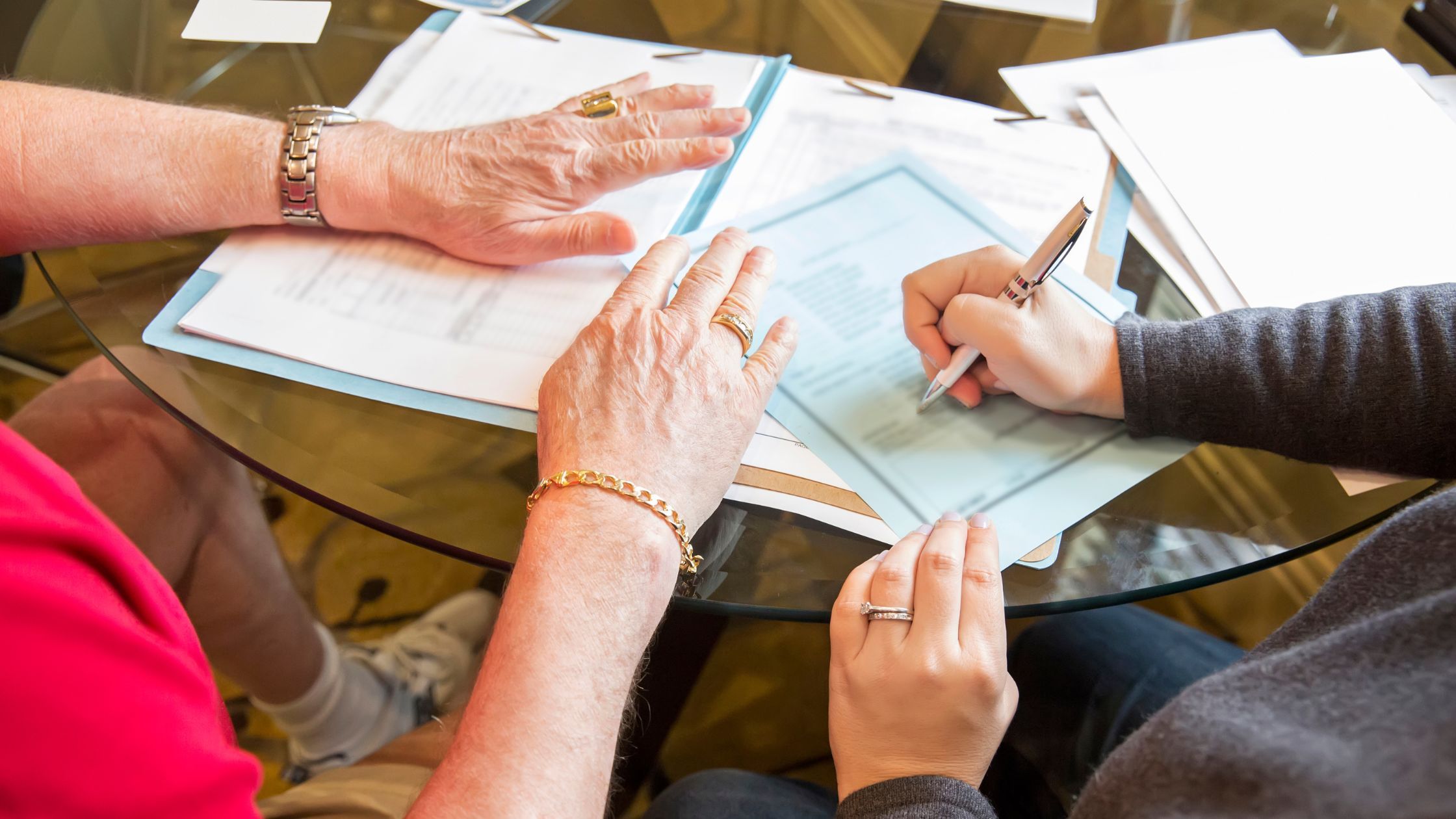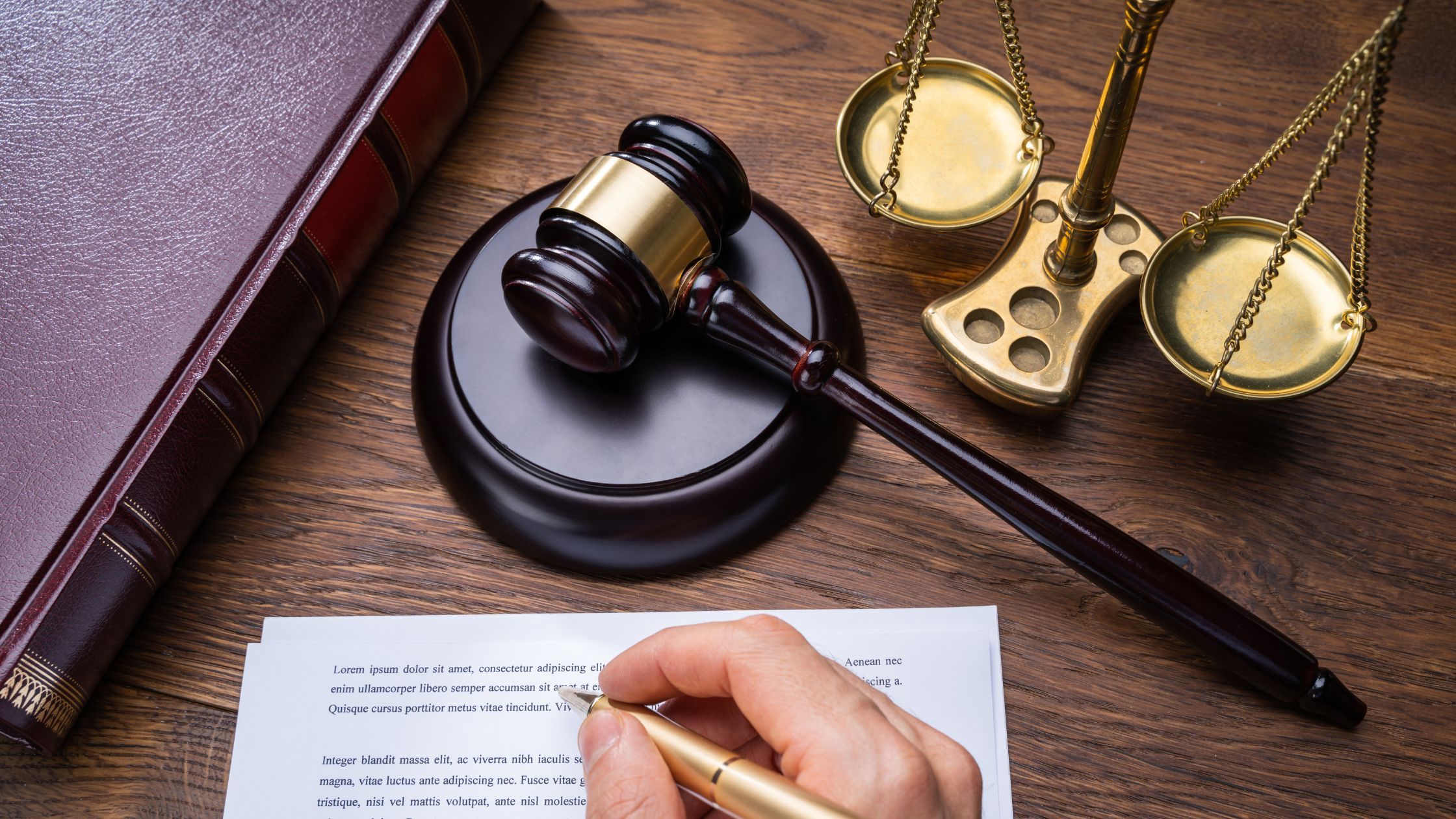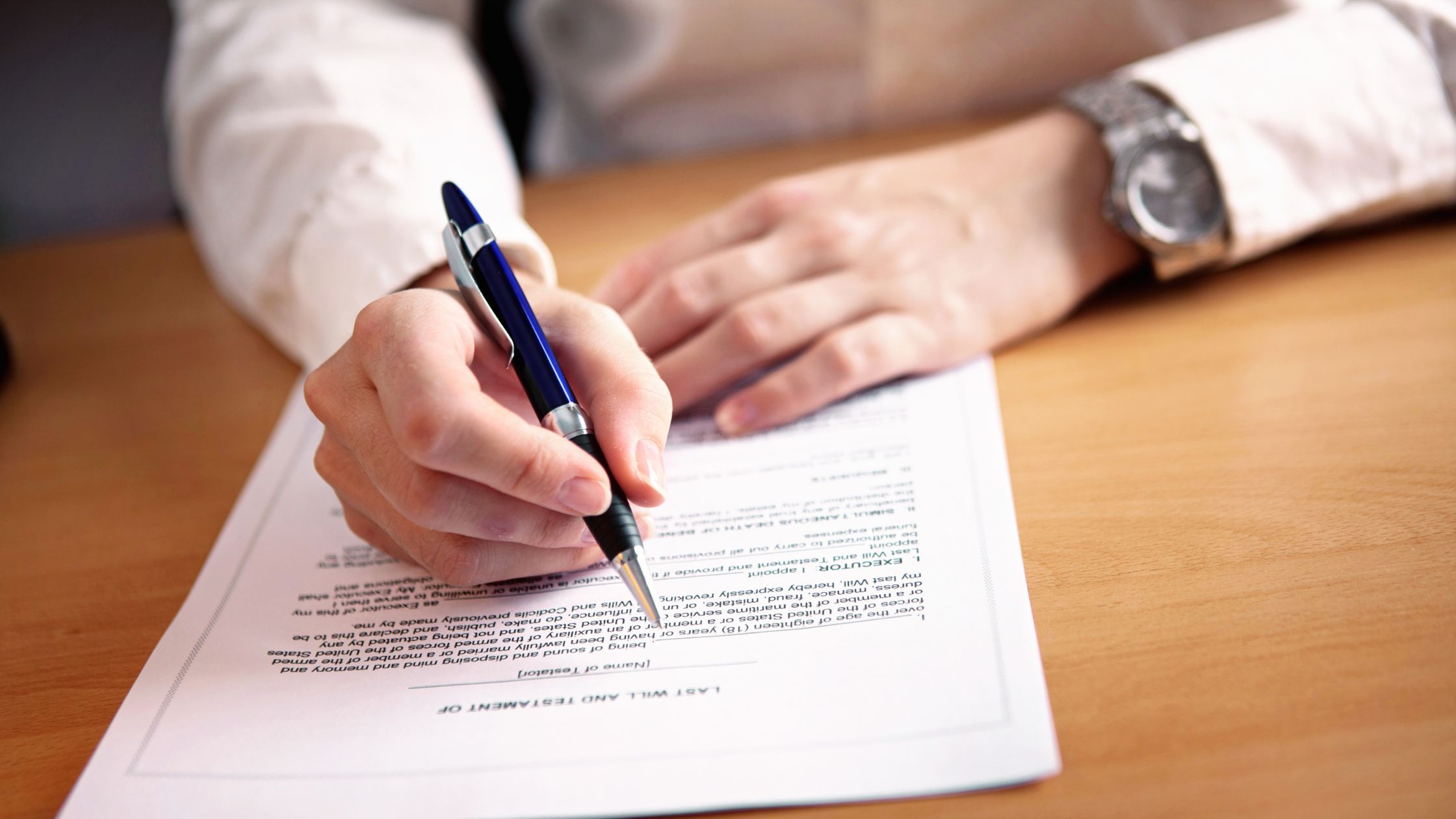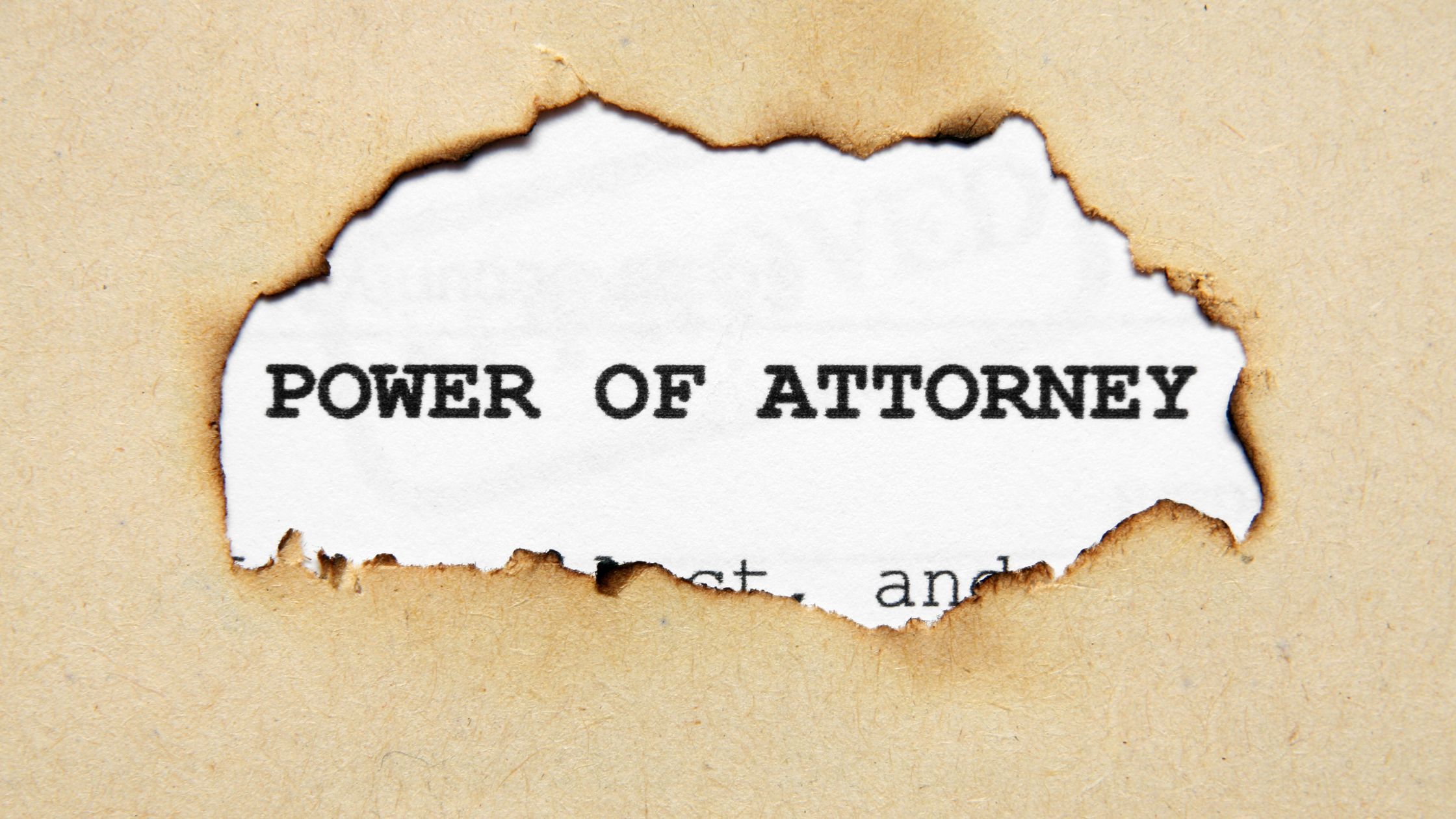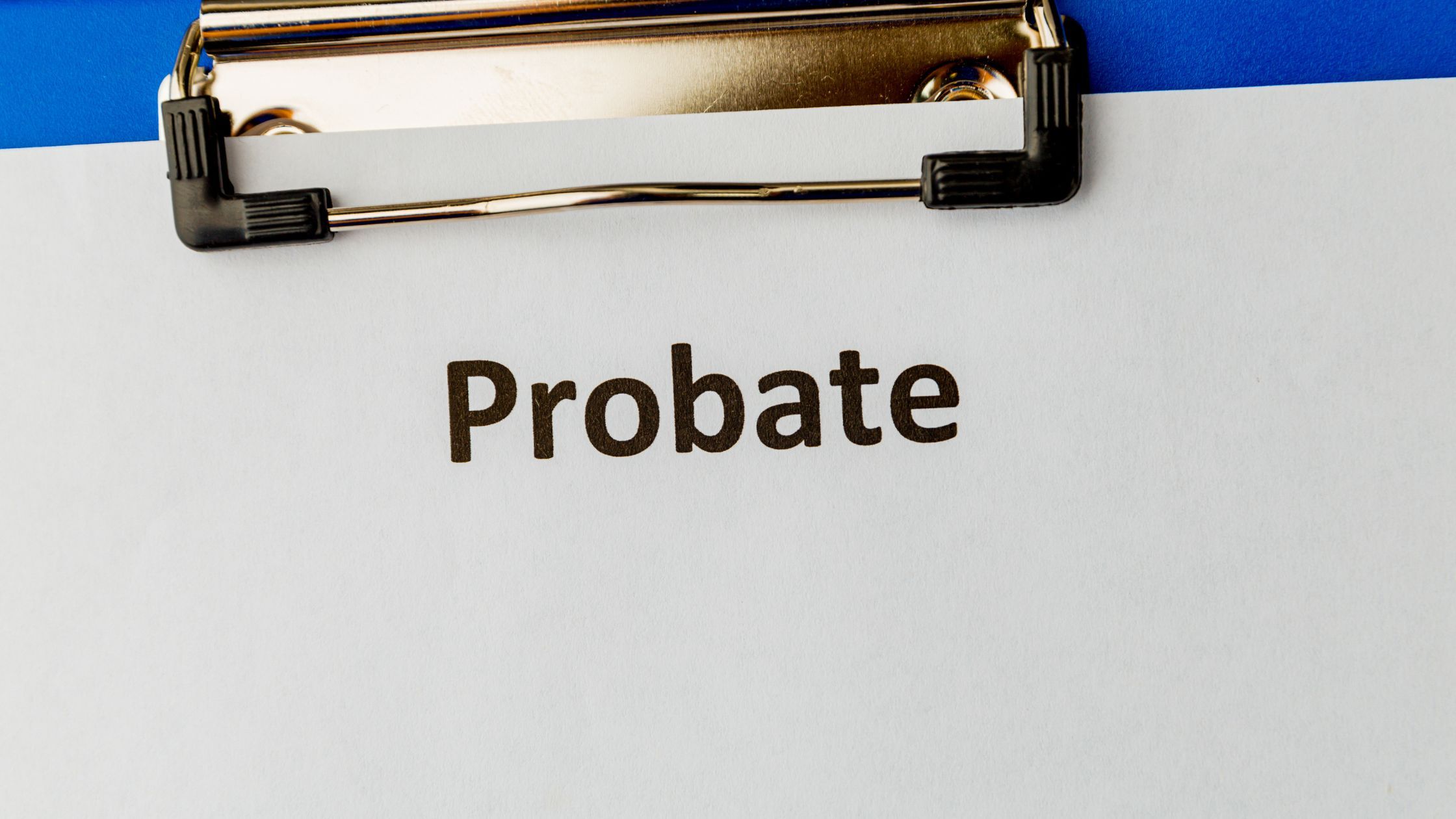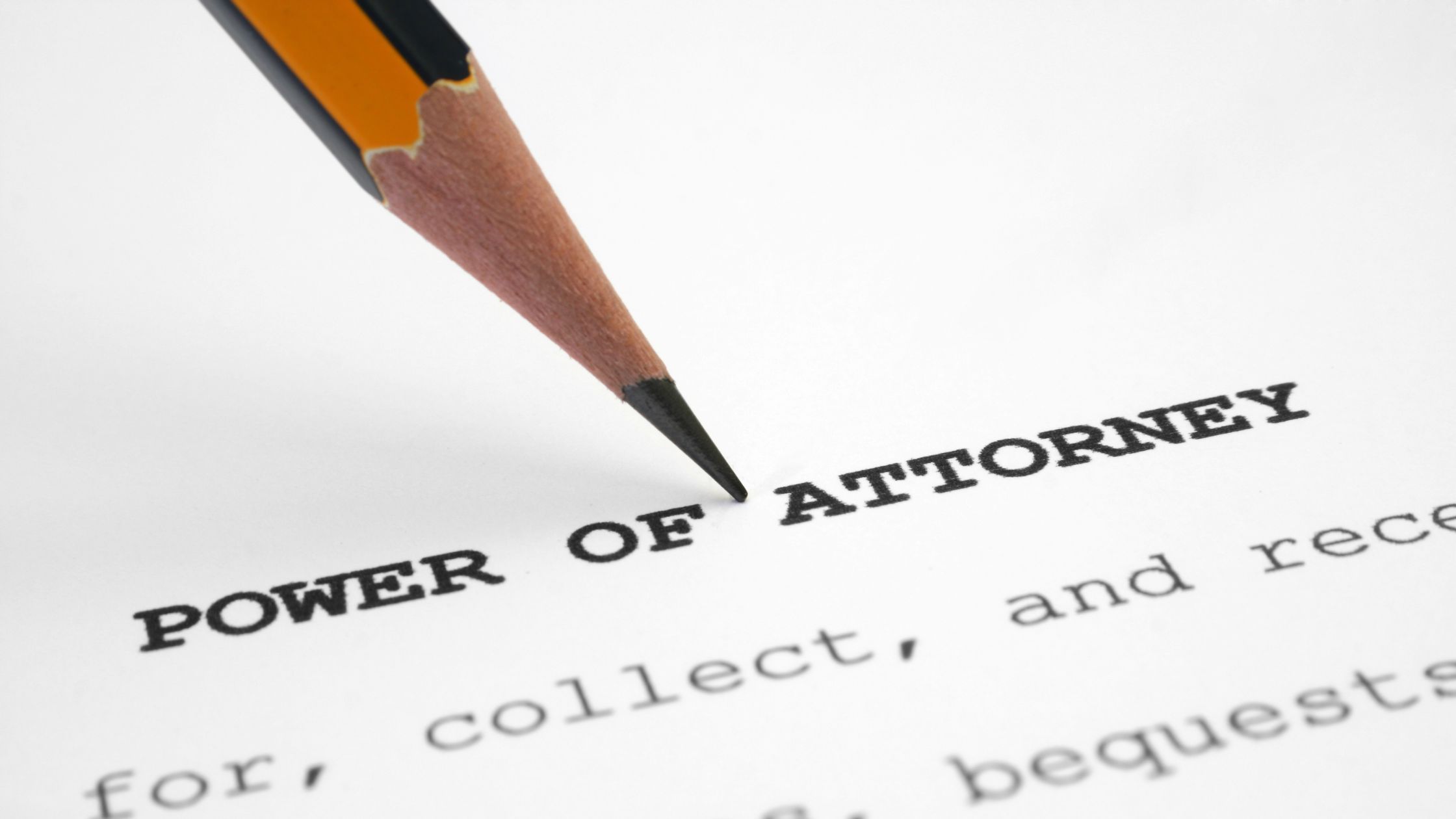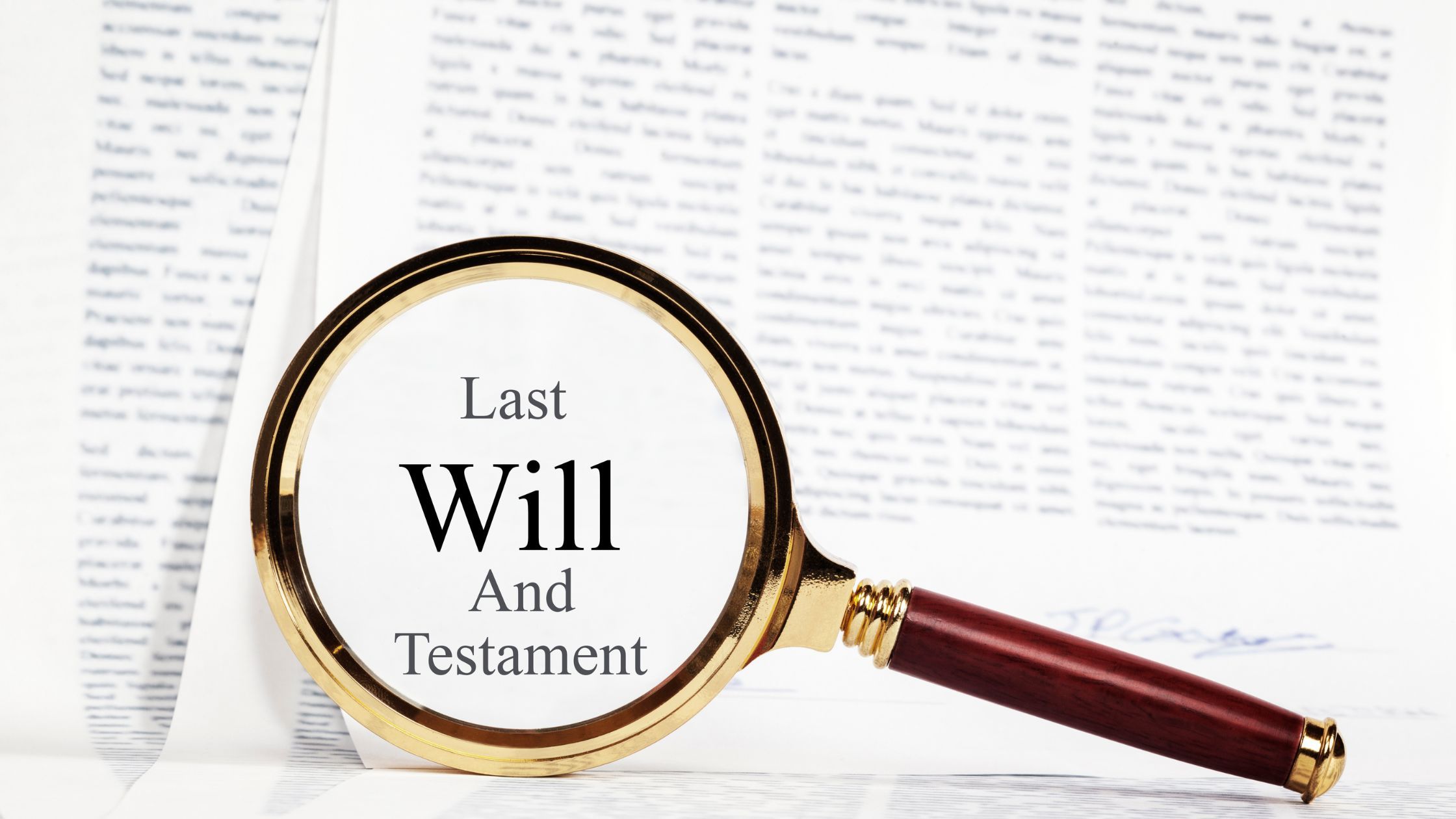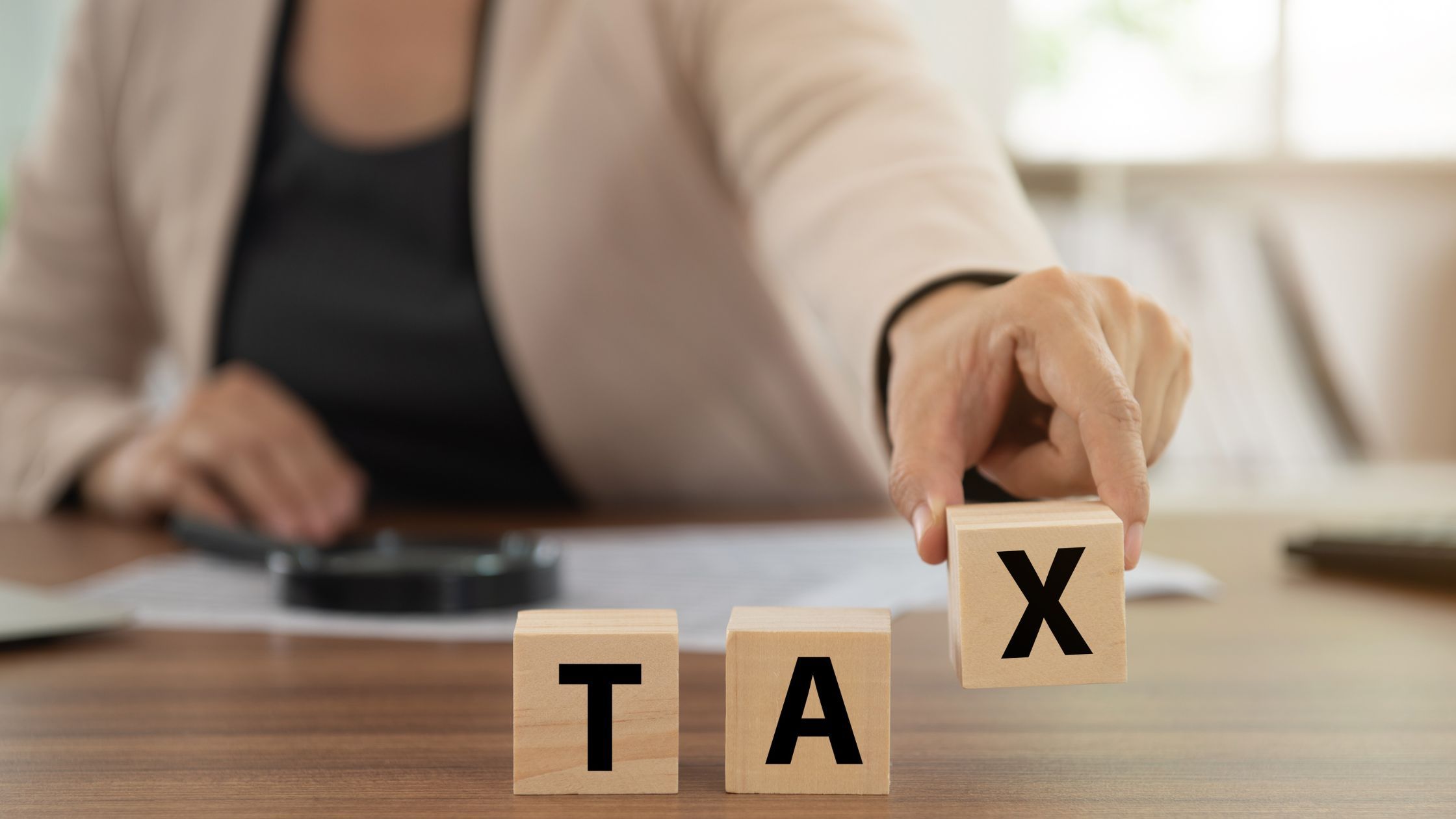“I don’t need a Will, everything will go to my spouse/kids etc.” It’s a sentence that everyone has heard at least once in their life, but is this actually true?
Potentially, no.
If you were to pass away without a Will, then certain legal procedures known as the Intestacy Rules take effect. The Intestacy Rules dictate who your money and assets go to on your death, and in what proportion. Depending on how much you owned when you pass away, it does not necessarily all go to your surviving spouse.
The law doesn’t take into account informal relationships, such as unmarried partners, boyfriends/girlfriends, family friends, godparents/godchildren etc. The law also doesn’t recognise stepchildren for the purpose of intestacy and so stepchildren or stepparents would not inherit under these procedures either, regardless of whether you considered them you child/parent in everything but name.
The law also doesn’t recognise specific relationship dynamics, such as no-longer having contact with your children, ‘disowning’, or agreements that one child would get more than another. Similarly, the law does not care about specific financial or personal situations, therefore people in chronic debt, with major mental health concerns, in full-time care or going through a divorce or bankruptcy would all inherit regardless of whether inheriting a large sum of money would be in their best interests or not.
This can result in individuals you would otherwise not wish to benefit from you – or had a poor relationship – inheriting from you and potentially inheriting a portion of a home that people that you care about are living in. Intestacy can also result in far-flung family members inheriting from you who may not wish to give a large sum of money away after inheriting it, rather than those who are closest to you.
With a Will, you can determine who would benefit from you and in what proportions, tailored to your specific wishes, otherwise your wishes may not be properly put into place when you pass away.
Example 1:
Mr Windsor passes away without a Will, leaving his wife Mrs Windsor and two children, Harry and Meghan. Unfortunately, Mr and Mrs Windsor have not had contact with Meghan for 15 years. Mr Windsor died leaving £30,000 in his own name of bank accounts and premium bonds and his house ‘Blackacre’ worth £300,000.
Of Blackacre, £285,000 of the property passes to his Wife, and £15,000 is passed equally between Harry and Meghan, meaning that Harry and Meghan each own 2.5% of Blackacre that Mrs Windsor is still living in. Of the £30,000, £15,000 goes to Mrs Windsor, with £7,500 each to Harry and Meghan.
Because Mr Windsor did not prepare a Will, £15,000 (including a share in Mrs Windsor’ home) goes to a daughter that Mr and Mr Windsor had no contact with.
Example 2:
Mrs Stuart passes away without a Will, leaving her husband Mr Stuart and son Charles. Mr and Mrs Stuart had minimal savings, however Mrs Stuart did entirely own the property that she and her husband were living in (‘Blueacre’), worth £400,000. Charles is going through a nasty divorce from his wife Camila at the date of Mrs Stuart’s death, with Camila wanting to get as much as she can from the divorce settlement.
£270,000 of Blueacre’s value goes to her husband, as does 50% of the remainder (£65,000), with the other £65,000 going to Charles. Charles now has an additional £65,000 that Camilla will be able to seek part of in their divorce settlement. If Camilla were to achieve 50% of this from the divorce settlement, she would own approximately 9.5% of Mr Stuart’s home unless Charles or Mr Stuart were able to pay her off or re-mortgage the property.
Example 3:
Mr Tudor passes away without a Will, leaving his wife Mrs Tudor, his two children William and Kate, and an estate worth £275,000. Mrs Tudor is unfortunately living full time in a care home which, due to her limited means, is paid for by the State. Mrs Tudor is otherwise healthy and likely to remain in the care facility for some years. William and Kate, due to their personal circumstances, have been struggling financially and are barely making ends meet.
£270,000 of Mr Tudor’s estate goes to his Wife Mrs Tudor, and the remaining £5,000 is split equally between William and Kate. Mrs Tudor’s £270,000 will now be used to pay for her costs of care as she is over the threshold; with a Will, Mr Tudor would have been able to redirect his estate directly to his children to provide for them and alleviate their hardships, rather than having it be used to pay for Mrs Tudor’s care.

